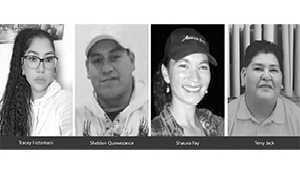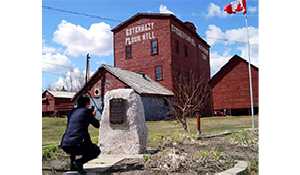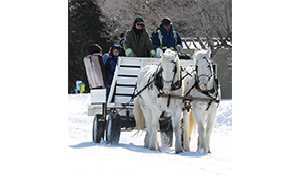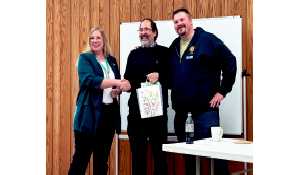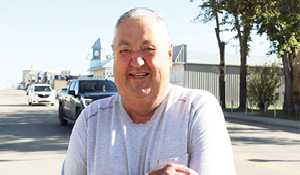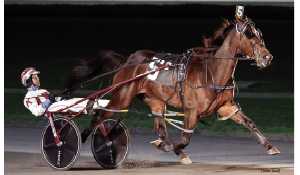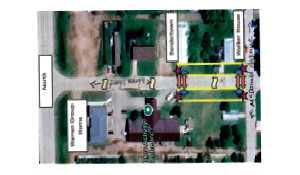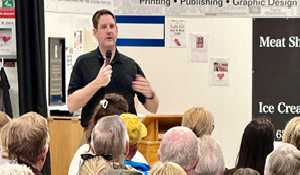Tragedy of the Stanley trial
February 12, 2018, 4:36 pm

As the testimony concluded in the Gerald Stanley murder trial in Battleford, a clearer picture has emerged of what happened on that fateful August afternoon in 2016 when 22-year-old Colten Boushie was shot and killed on the Stanley farm.
For all the claims made outside the Courthouse, the case becomes the evidence—from the apparent to the ambiguous and even contradictory. It is now the job of the jury, not the bystanders, to decide Stanley’s fate. It will not be easy; murder trials seldom are.
For the family of Colten Boushie it is difficult to imagine a more heartbreaking and painful odyssey. Who among us wouldn’t be inconsolable at the loss of a young man with his entire life ahead of him?
But this family and its supporters badly misplayed its hand.
Rather than suggesting this young man, who mowed lawns for elders, made some bad choices and paid a terrible price for going on a ride with criminals who placed him in the wrong place at the wrong time, their narrative was deceptively different.
On the witness stand, Colten’s companions admitted lying, some of them repeatedly. Clearly, they attempted theft and caused vandalism, both at the Stanley farm and earlier at a neighbor’s; and, they drove with a loaded rifle in a vehicle, the gun’s owner again breaking the law because his criminal convictions ban him from firearms.
And there was copious alcohol consumption, with Boushie’s blood alcohol level over three times the legal limit and the SUV driver admitting to drinking 30 shots and intermittently blacking out behind the wheel as he sped down rural roads.
It is not victim blaming to question the original story of “kids out swimming, getting a flat tire and being shot at when asking for help.” This original account was false and even deliberately provocative.
It insults the thousands of people in rural Saskatchewan who live in villages, on reserves and on remote farms whose first thought is to extend a hand to help a stranger in need.
But the SUV’s occupants are not on trial; neither is Colten Boushie, the ultimate victim. The actions of Colten’s companions, however, play an important role in this case.
On Stanley’s farm, miles and minutes away from RCMP officers, the events of that day looked like intruders carrying out a home invasion.
Just as the pain of Colten’s family is understandable, fair minded people can appreciate Stanley’s description of the mayhem that ensued when a battered SUV without a muffler and driving on a tire rim, came roaring into his yard.
As the SUV pulled up, someone hopped in a truck parked in the yard, a second person exited the SUV and headed for Stanley’s shop—all this as the SUV began revving and spraying gravel. Then someone started Stanley’s nearby all-terrain vehicle.
As these events rapidly unfolded, the man on the quad jumped back into the SUV and it headed toward Stanley’s son who swung a hammer at the windshield. Then, as it seemed the SUV was about to speed off the property, it slammed into one of the Stanley family vehicles.
Thinking his wife had been run over by the SUV, Stanley described “pure terror.” The chaos, fear, shock and disbelief were palpable.
Twelve jurors and their judgment will face a challenging legal and factual analysis.
From activists across Canada claiming a race-based killing to rural people concerned about safety and self-defence, this trial has resonated further than it should have. This is a single case about two groups of people thrown together one summer afternoon with a tragic ending.
The great British jurist Lord Denning spoke often of “justice in the instant case.” This is all anyone can hope for—a just result in one unfortunate case.












